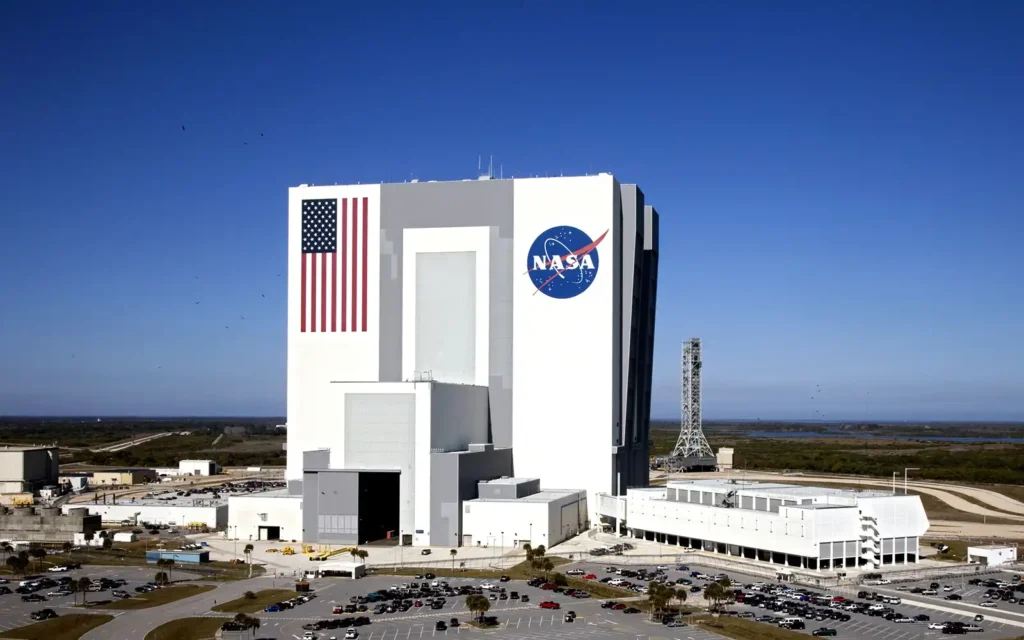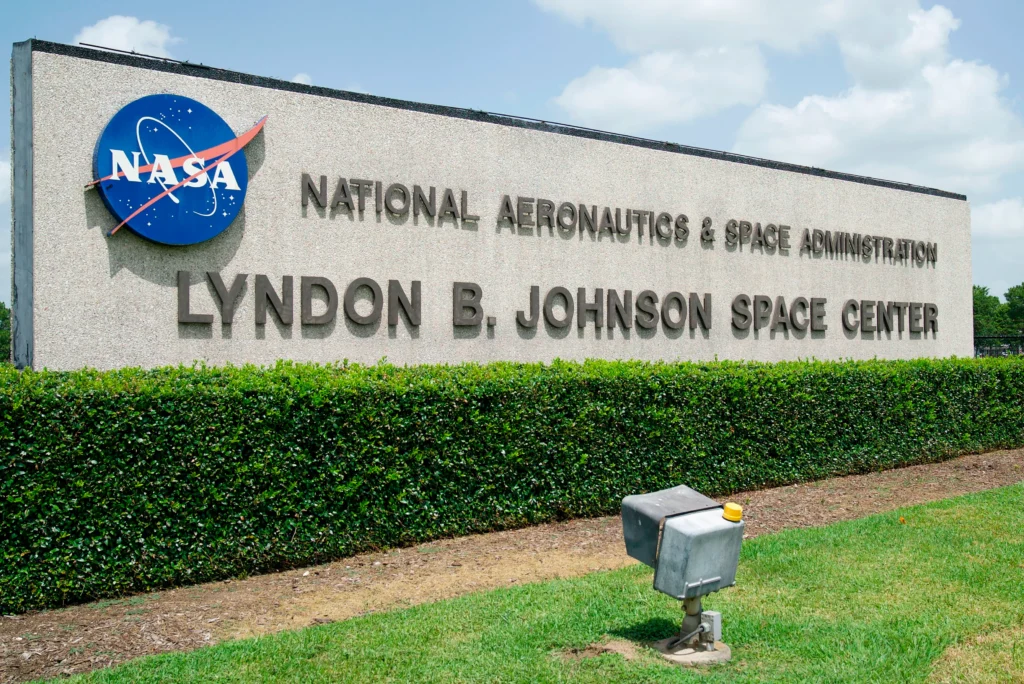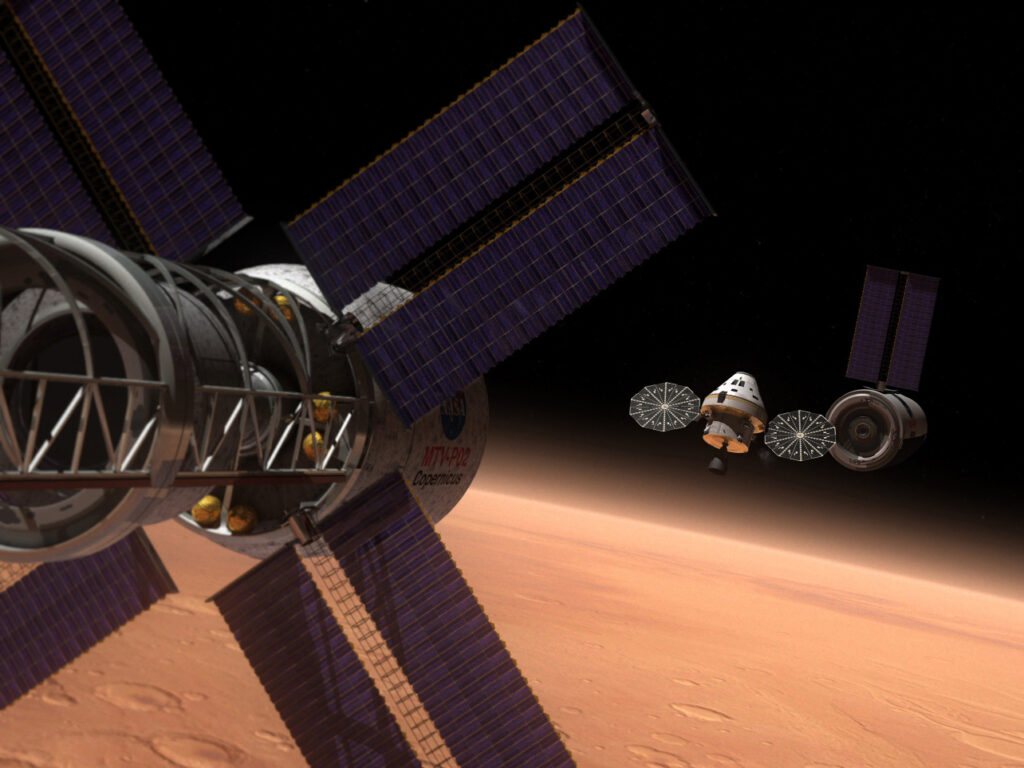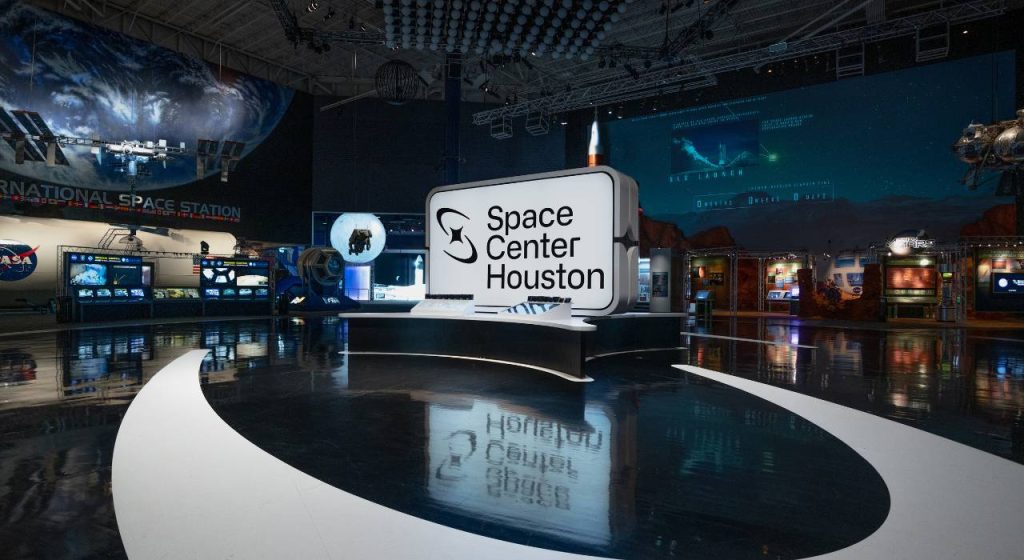Houston has long been synonymous with space exploration, thanks in large part to the presence of NASA’s Johnson Space Center, a hub of innovation and exploration for decades. As the world continues to push the boundaries of space travel, Houston remains at the forefront, playing a critical role in shaping the future of NASA and space exploration.
The Birth of NASA in Houston
The city’s relationship with space exploration began in 1961 when NASA announced that Houston would be the site for its Manned Spacecraft Center, later renamed the Johnson Space Center (JSC). This was a strategic choice, driven by Houston’s location, climate, and the influence of key political figures. From the very beginning, the city has been intertwined with some of the most iconic moments in space history.
As the command center for all human spaceflight missions, Houston has been pivotal in achievements like the first moon landing in 1969 and the Space Shuttle program. The phrase “Houston, we’ve had a problem” became legendary during the Apollo 13 mission, forever cementing the city’s role in space history. Since then, Houston has continued to evolve as a global leader in space exploration and technology.

Houston’s Continued Contributions to NASA’s Future
In the modern era, NASA’s Johnson Space Center is deeply involved in a number of groundbreaking projects, including the Artemis program, which aims to return humans to the moon and establish a sustainable lunar presence. This project is a stepping stone for even more ambitious goals, such as sending humans to Mars, with Houston playing a key role in making that vision a reality.
The city’s aerospace industry has also expanded beyond NASA, with a number of private companies setting up operations. SpaceX and Blue Origin are actively working on revolutionary space technologies, and Houston is becoming an even more vital player in the global space industry. With collaborations between NASA and these private companies, the future of space exploration looks brighter than ever.

NASA’s Focus on Human Spaceflight and Deep Space Exploration
NASA’s focus on human spaceflight, particularly through programs like the Artemis missions, showcases the city’s unwavering role in pushing the boundaries of space exploration. Johnson Space Center remains the mission control center for all crewed missions, ensuring the safety and success of astronauts. This focus on human spaceflight ties back to the historic Apollo missions and continues to shape the future of exploration.
Beyond the moon, NASA is committed to deep space exploration, with Mars as the next major frontier. Plans for manned Mars missions involve intensive testing, simulations, and training that take place in Houston. The research conducted at the Johnson Space Center provides invaluable insights for these ambitious projects, positioning the city as a center for innovation in human space travel.

Educational Impact: Inspiring Future Generations of Space Pioneers
Houston’s influence on space exploration is not limited to research and missions; the city is also an educational hub for future generations of scientists, engineers, and astronauts. Institutions like Rice University and the University of Houston offer specialized programs in aerospace engineering and other relevant fields. The presence of the Johnson Space Center also provides unique internship and research opportunities for students.
The Space Center Houston, the official visitor center of NASA JSC, plays an important role in sparking curiosity and interest in space among the general public. Through exhibits, educational programs, and interactive experiences, the center inspires future generations to dream big and pursue careers in the space industry.
The Role of Private Space Companies in Houston’s Space Legacy
As the commercial space industry grows, Houston’s status as a space city is further solidified by the presence of private companies like SpaceX, Blue Origin, and Boeing. These companies collaborate with NASA on various projects, bringing new innovations and resources to the field of space exploration. The shift towards a more privatized space industry complements NASA’s goals and accelerates the pace of development.
Private companies contribute not only to space exploration but also to the local economy, creating jobs and fostering technological advancement. As more businesses look to Houston for their aerospace ventures, the city’s reputation as a global space hub is likely to expand even further.
Looking to the Future: Houston’s Role in Space Colonization
As NASA and private companies work towards establishing human colonies on other celestial bodies, Houston will continue to play a critical role in making this future possible. Research into sustainable living conditions in space, life support systems, and long-term mission logistics are all part of the ongoing work at NASA’s Johnson Space Center. As humanity prepares for the next giant leap, Houston remains the gateway to the stars.

Houston’s Lasting Legacy in Space Exploration
Houston’s role in space exploration is unparalleled, from its historic contributions to the Apollo missions to its current involvement in pushing the frontiers of human spaceflight. As the space industry evolves, so too does Houston’s influence, ensuring that the city will remain a critical player in NASA’s future and the global efforts to explore the cosmos.